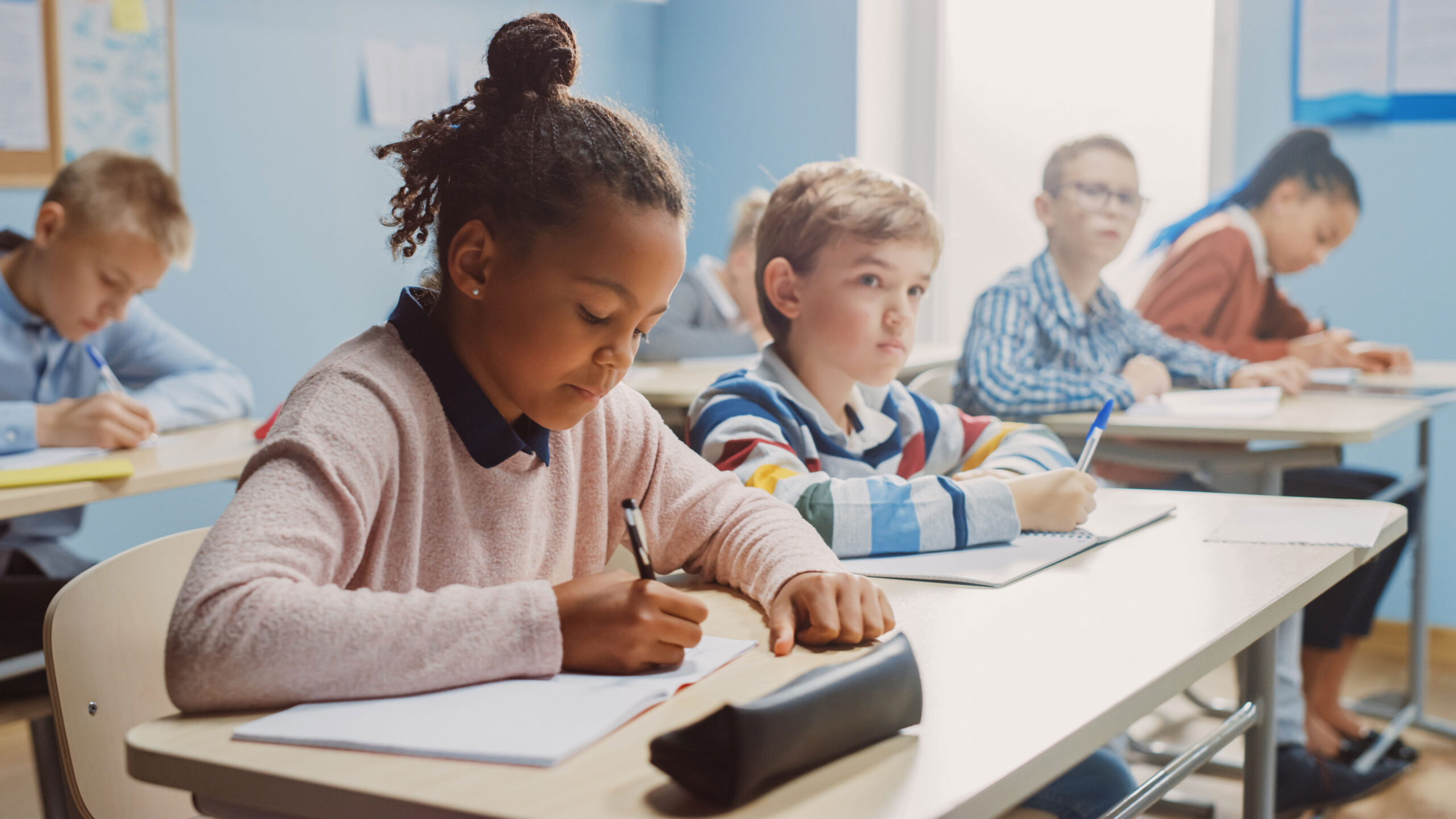Education is often heralded as the cornerstone of personal and societal progress, shaping individuals and communities through a process that extends far beyond traditional classroom boundaries. Its impact is profound, transcending mere academic instruction to influence character development, critical thinking, and socio-economic mobility. In this article, we explore the multifaceted role of education and its transformative power on both individual lives and society at large https://uwezouganda.org/.
The Pillars of Education
At its core, education serves as a bridge to knowledge and understanding. This bridge is built on several foundational pillars:
- Knowledge Acquisition: Education imparts essential knowledge across various disciplines—from mathematics and science to literature and arts. This breadth of knowledge equips individuals with the tools to navigate the complexities of the world, make informed decisions, and contribute meaningfully to society.
- Skill Development: Beyond theoretical knowledge, education fosters practical skills. These range from critical thinking and problem-solving to technical abilities specific to different fields. As economies evolve and industries advance, continuous skill development becomes crucial for personal and professional growth.
- Character Building: Education plays a significant role in shaping character and ethics. Through interactions with peers, mentors, and diverse perspectives, individuals learn about empathy, respect, and responsibility. These lessons are vital for fostering social cohesion and building a more inclusive society.
- Civic Engagement: A well-rounded education encourages active participation in civic life. Understanding democratic processes, human rights, and global issues empowers individuals to engage in their communities and advocate for positive change.
The Transformative Impact of Education
The effects of education extend well beyond the confines of the classroom, influencing multiple aspects of life:
- Economic Empowerment: Education is a powerful catalyst for economic advancement. It opens doors to higher-paying jobs, career advancement, and entrepreneurship opportunities. The link between educational attainment and economic stability is well-documented, underscoring the role of education in reducing poverty and promoting economic growth.
- Health and Well-being: There is a strong correlation between education and health outcomes. Educated individuals are more likely to make informed health choices, access healthcare services, and lead healthier lifestyles. Education also fosters awareness of mental health issues, contributing to overall well-being.
- Social Mobility: Education can break the cycle of poverty and offer individuals from disadvantaged backgrounds a pathway to upward mobility. By providing equal access to quality education, societies can create opportunities for all, irrespective of socio-economic status.
- Cultural Enrichment: Exposure to diverse ideas, histories, and cultures through education enriches our understanding of the world. This cultural awareness fosters tolerance and appreciation for different perspectives, promoting social harmony and global cooperation.
Innovations and Challenges
The landscape of education is continually evolving, driven by technological advancements and shifting societal needs. Innovations such as online learning, educational apps, and interactive platforms are making education more accessible and personalized. However, challenges such as educational inequality, varying standards of quality, and the digital divide persist.
Addressing these challenges requires a collaborative effort from governments, educators, and communities. Ensuring equitable access to education, integrating technology effectively, and maintaining high educational standards are crucial for maximizing the benefits of education for all.
The Future of Education
Looking ahead, the future of education promises exciting possibilities. Emphasis on lifelong learning will become increasingly important as the rapid pace of technological change demands continuous skill acquisition. Personalized learning, supported by artificial intelligence and data analytics, will offer tailored educational experiences that cater to individual needs and preferences.
Furthermore, education will increasingly focus on fostering global citizenship, preparing individuals to navigate and contribute to an interconnected world. This includes nurturing skills like cross-cultural communication, environmental stewardship, and collaborative problem-solving.
